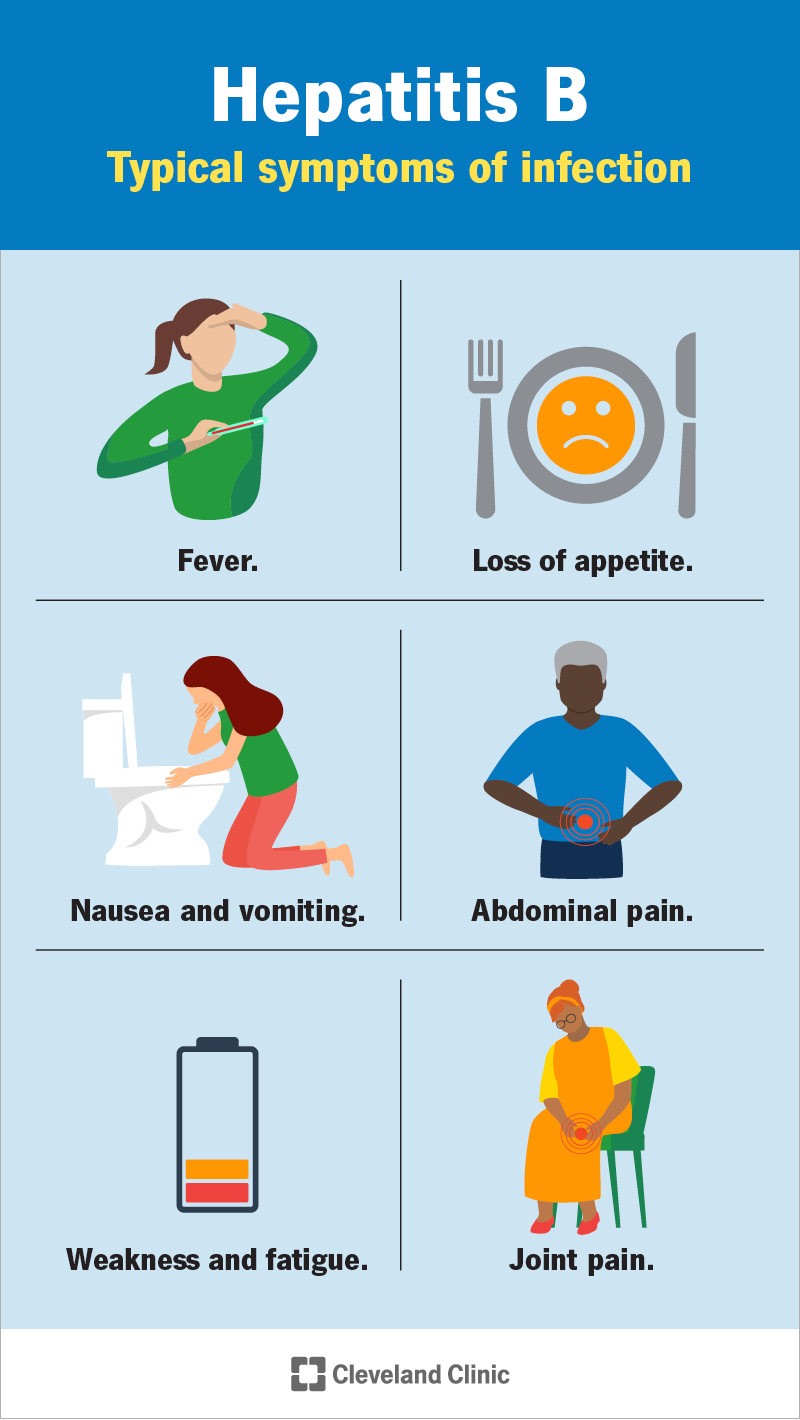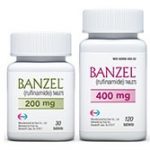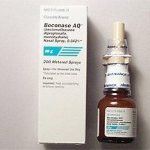
Contents
- 1 Can Alcoholic Hepatitis Be Cured?
- 1.0.1 What is alcoholic hepatitis?
- 1.0.2 Is alcoholic hepatitis the same as cirrhosis?
- 1.0.3 What are the symptoms of alcoholic hepatitis?
- 1.0.4 What are the complications of alcoholic hepatitis?
- 1.0.5 How is alcoholic hepatitis diagnosed?
- 1.0.6 What is the treatment for alcoholic hepatitis?
- 1.0.7 How long can you live with alcoholic hepatitis?
Can Alcoholic Hepatitis Be Cured?
Liver damage from mild alcoholic hepatitis can usually be cured by abstaining from alcohol and adopting a healthy lifestyle. The liver is able to repair the damage caused by alcohol unless continued injury occurs.
Severe alcoholic hepatitis causes permanent scarring and liver cell death, but further damage can be prevented by abstaining from alcohol and managing symptoms with good nutrition and medical treatments.
About 25% of heavy drinkers develop alcoholic hepatitis, but it is unclear why some people are more prone to it. Women are generally more at risk than men to experience progression to cirrhosis.
While some patients fully recover with abstinence, up to 70% develop liver cirrhosis despite abstaining, possibly due to significant damage already present at diagnosis.
What is alcoholic hepatitis?
Alcoholic hepatitis is inflammation of the liver caused by excessive alcohol consumption. It is particularly harmful to the liver as it is primarily metabolized by this organ. Alcohol triggers an inflammatory response that damages and kills liver cells.
The liver has multiple functions, including aiding digestion, regulating blood glucose and cholesterol levels, producing enzymes and proteins for healthy functioning, fighting infections and diseases, and metabolizing and removing toxins like alcohol.
Heavy drinking can cause fat buildup in the liver, leading to fatty liver, the earliest stage of alcoholic liver disease. Alcoholic hepatitis can also result from consuming large quantities of alcohol in a short time (binge drinking).
Regularly consuming more than 1-2 standard drinks a day is considered heavy drinking and can lead to alcoholic hepatitis. Unprocessed toxins damage the liver and affect other organs.
Is alcoholic hepatitis the same as cirrhosis?
Alcoholic cirrhosis is an advanced stage of alcoholic liver disease and is irreversible. Cirrhosis occurs when sustained inflammation replaces healthy liver cells with scar tissue.
Remedial measures can help regain significant liver function in alcoholic hepatitis, but damage from cirrhosis is permanent and often leads to liver failure.
QUESTION
What are the symptoms of alcoholic hepatitis?
Mild alcoholic hepatitis may not cause significant symptoms. Common symptoms include loss of appetite, nausea, vomiting, abdominal pain, swelling, jaundice, weight loss, fever, weakness, fatigue, confusion, blood in vomit, and blood in stools.
What are the complications of alcoholic hepatitis?
Complications include variceal hemorrhage, hepatic encephalopathy, coagulopathy and thrombocytopenia, ascites, spontaneous bacterial peritonitis, kidney failure, iron overload, infections, hepatitis C, and liver cancer.
How is alcoholic hepatitis diagnosed?
A history of heavy alcohol consumption and physical symptoms are indicators of alcoholic hepatitis. The doctor may require a detailed history and speak to the family with the patient’s consent.
Diagnostic tests include liver function tests, complete blood count, electrolyte levels, clotting function, ultrasound scan, CT scan, and MRI scan.
What is the treatment for alcoholic hepatitis?
The first step is alcohol abstinence, with medications, counseling, family support, and joining support groups to reduce the risk of relapse. Other lifestyle changes include quitting smoking, consuming adequate nutrition and dietary supplements, and maintaining a healthy weight.
Medical treatment depends on symptoms and complications, and may involve corticosteroids and antibiotics. In extreme cases, a liver transplant may be an option, but it is not always feasible.
How long can you live with alcoholic hepatitis?
The prognosis depends on the extent of liver damage and alcohol abstinence. Full recovery is possible with abstinence from mild hepatitis, while severe hepatitis has high mortality rates, especially if alcohol consumption continues. Mortality rates can exceed 40% in cases of severe alcoholic hepatitis with extensive liver damage and complications. The 1-year mortality rate after hospitalization for alcoholic hepatitis is approximately 40%.
By clicking Submit, I agree to the MedicineNet’s Terms & Conditions & Privacy Policy and understand that I may opt out of MedicineNet’s subscriptions at any time.


